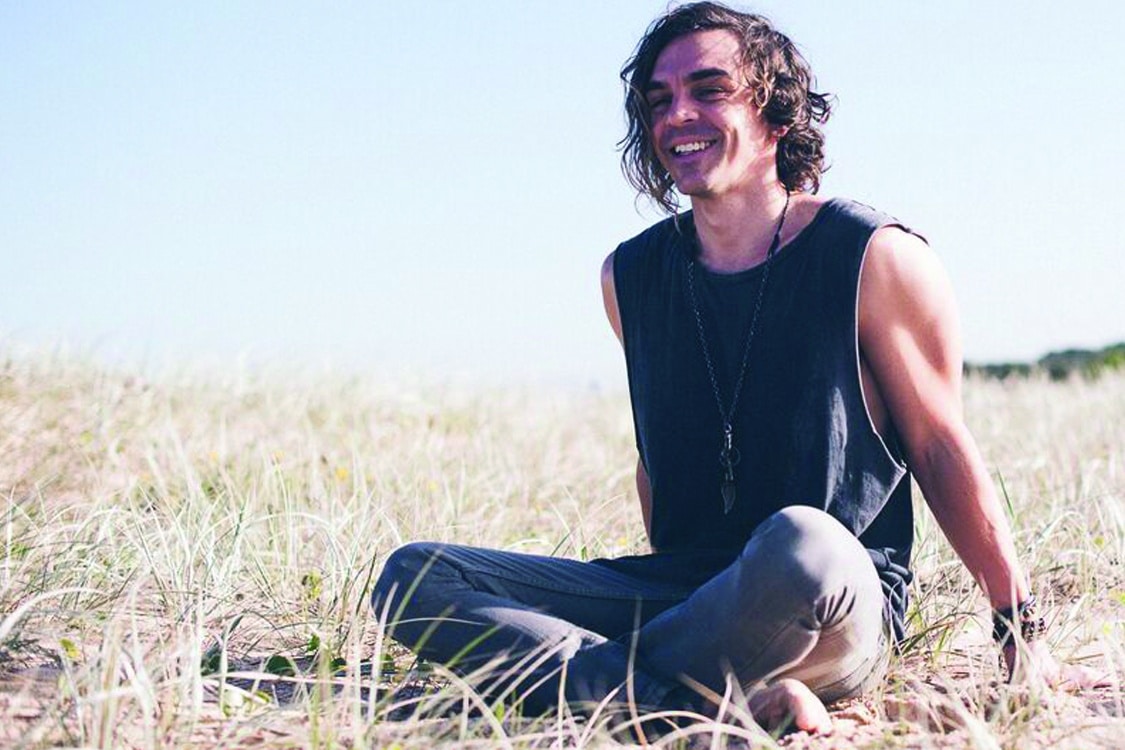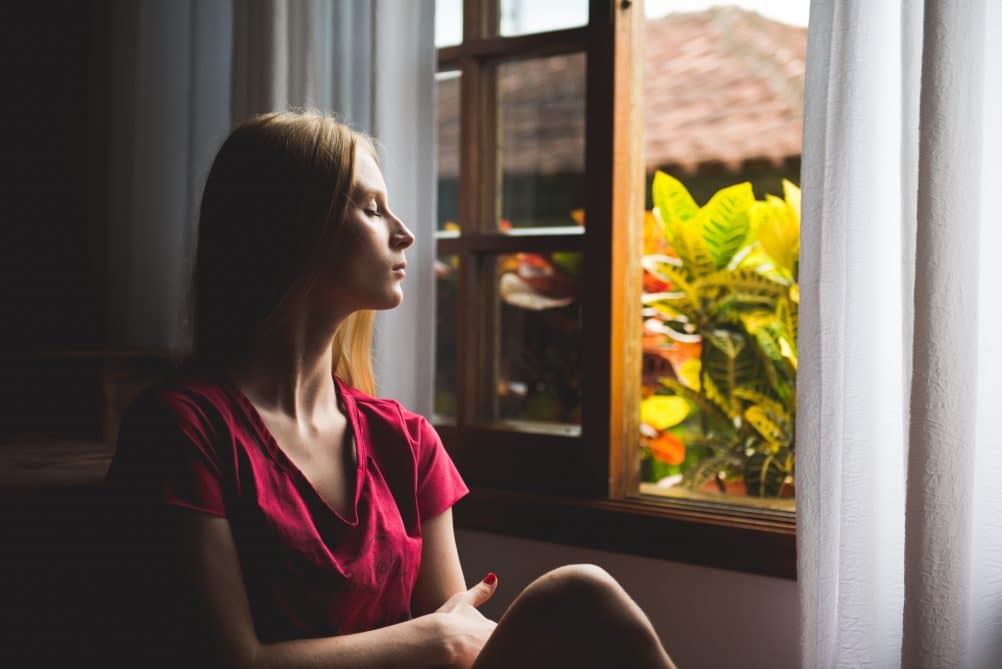
Tag: life

The long road worth travelling
It doesn’t feel like long ago that I struggled to go just one week without alcohol. So it’s hard to believe that it’s now been two years without a drink. My original goal was to stop drinking for a year. However, after seeing how much my life changed in that year, I decided to stick

Tips for moving to a new place as a non-drinker
Written by Zane Pocock If you’ve decided to forgo alcohol, maintaining a healthy social life is one of the most difficult aspects that many of us are familiar with. This is a complex enough challenge when we stay in the same place; maintaining friendships that have been partially built on drinking, getting through the Christmas

Why I chose to go dry in the music industry – Nathan Cavaleri
Jeff Beck – “Playing in front of an audience is total lunacy. Walking out in front of everyone is just terrifying, yet I have to do it. There’s a frozen moment when you set foot on the stage, when you don’t know if you’re going to fall over, or if someone’s going to give you

How to surround yourself with positive people
The best advice I have heard about living the most fulfilling and optimistic life was given to me by a man I hold in the highest regard. A man who is a father to eight kids, plus half the neighbourhood. A man who makes the most of every situation and even if something really shitty

How to create your list
We’ve all heard of a bucket list (the things you want to do before you kick the bucket), but why should we wait to see the pearly gate son the horizon before we do the things we have always wanted?

How to Meditate & Clear Your Mind
Meditation has been around for thousands of years and has proven psychological, physiological and spiritual benefits. It’s a difficult task to master, but if you can somehow introduce a regular meditative practice into your daily life, you will soon begin to notice positive changes.






